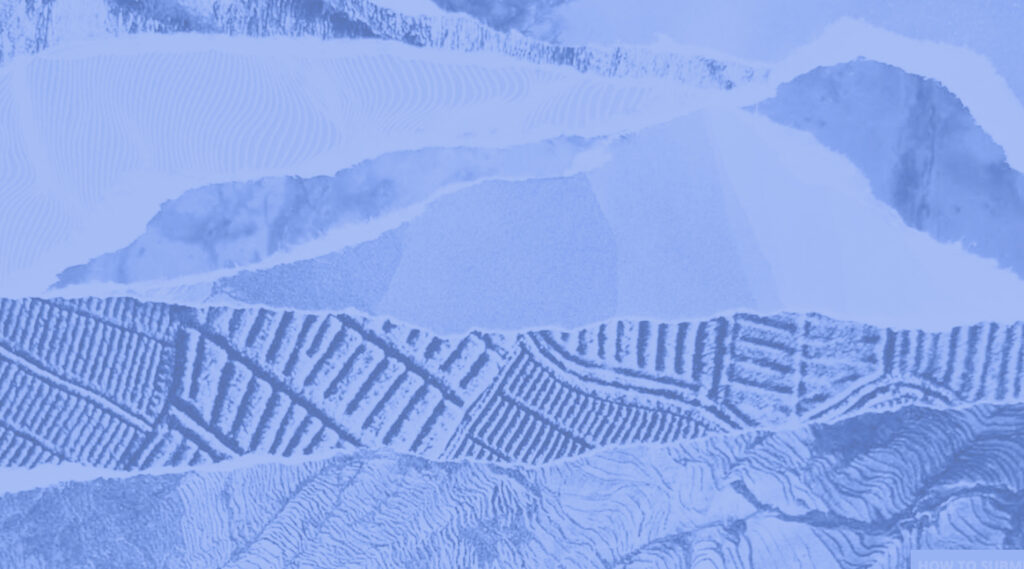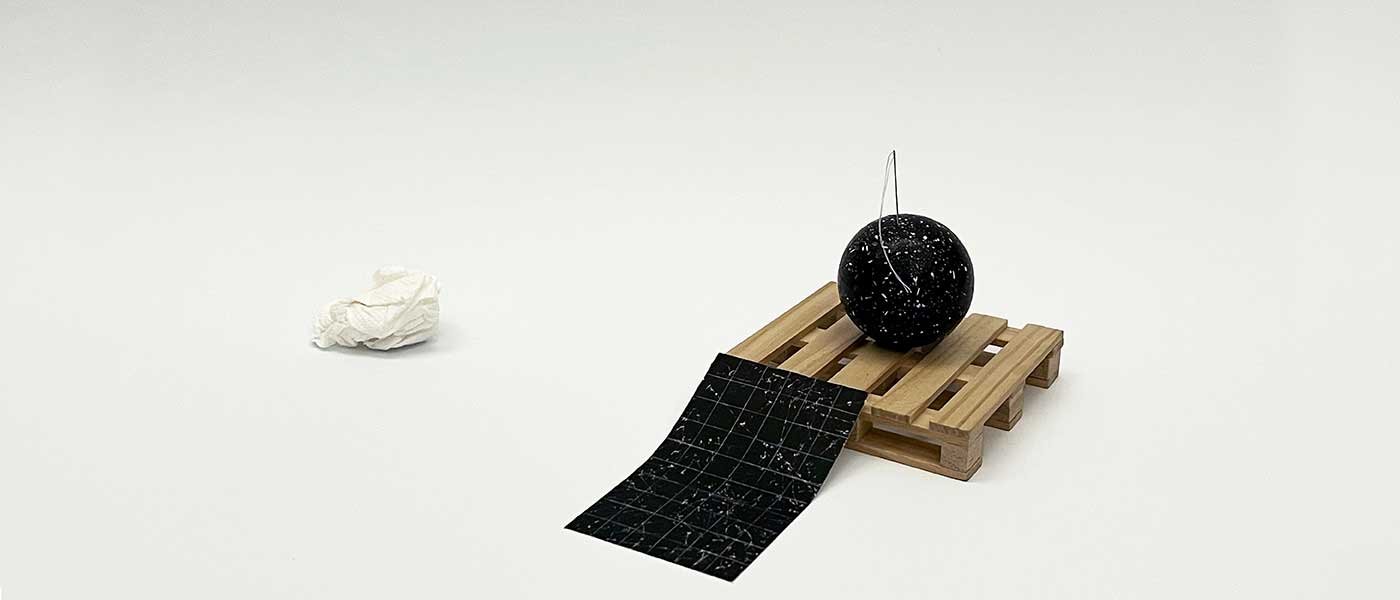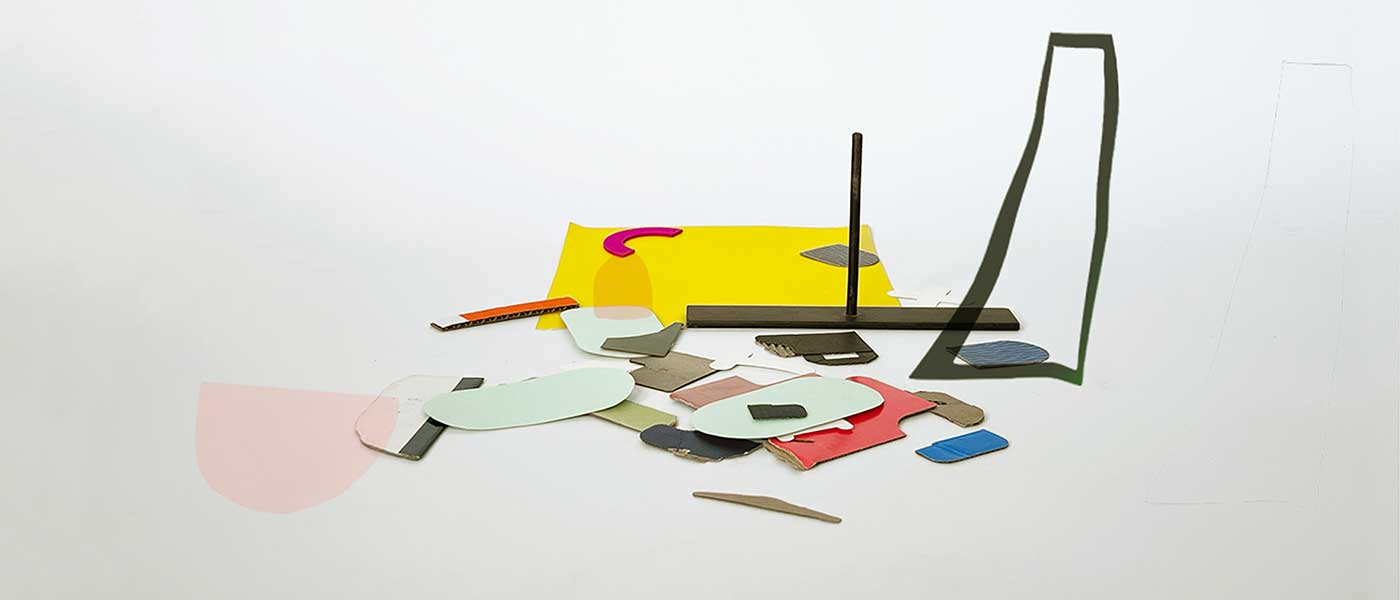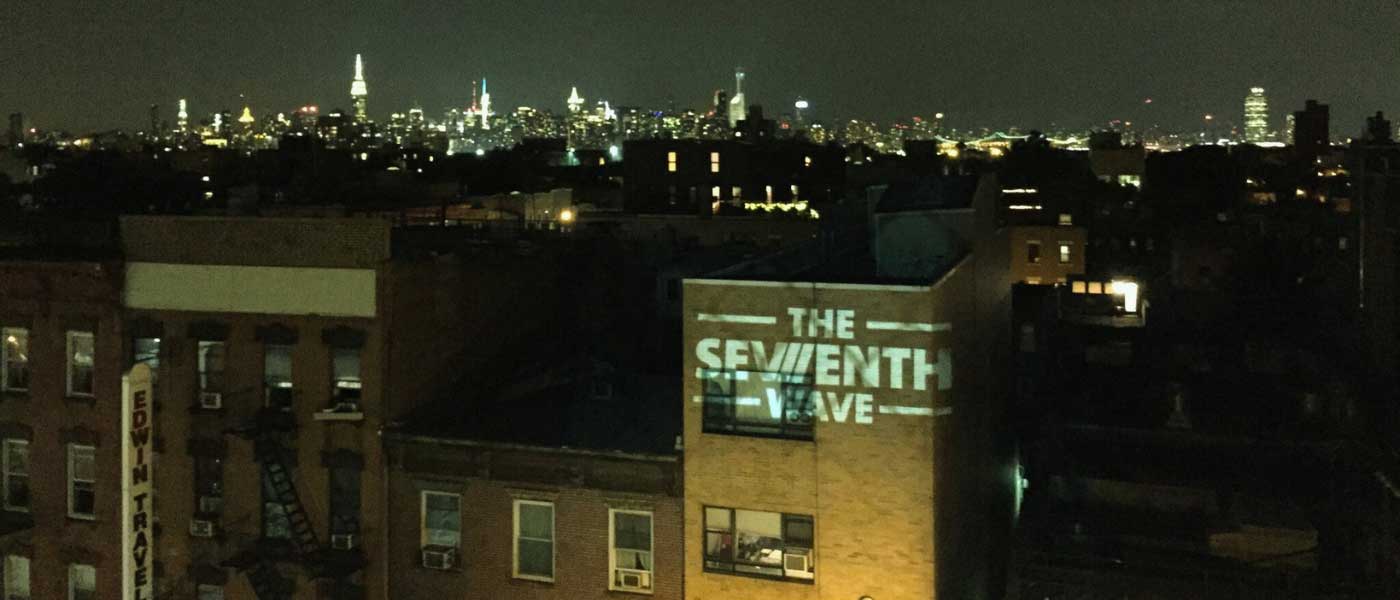Maybe you are like me, and you’ve been thinking a lot about permanence. How the things you grew up taking for granted, or believing in their everlastingness, have vanished—or changed irreparably, unrecognizably. Maybe for you, this sense of permanence is inextricably connected to the memory of a once-nuclear family, a long-held dream, a deeply-rooted belief, or an irrefutable understanding of your rights as a citizen of this more-than-human world. Maybe “permanence” is tied to a person or object that promised to be a constant in your life even as you grew and changed. Maybe permanence echoes within the rigid constraints of a now ill-fitting label, or in something a birth certificate or diagnosis proclaimed your body, a living vessel, could or could not be (or do) as long as you lived. Or maybe your sense of permanence is tied to your understanding of the power, importance, and (im)probability of permanence itself. What happened when this notion made contact with reality for you? Did time and other factors strip away its weight? Or did you discover something else entirely—which is to say, were you brought to believe that some things truly are infinite and indefinite, can never be changed or revoked, that even what you can’t take with you from this world will remain a legacy, an energy, an uncorruptible force carried forward? If you, too, have been thinking about permanence, tell (or show) me about yourself: words or art that is permanently, impermanently, chronically, terminally, always, no longer, forever, you.
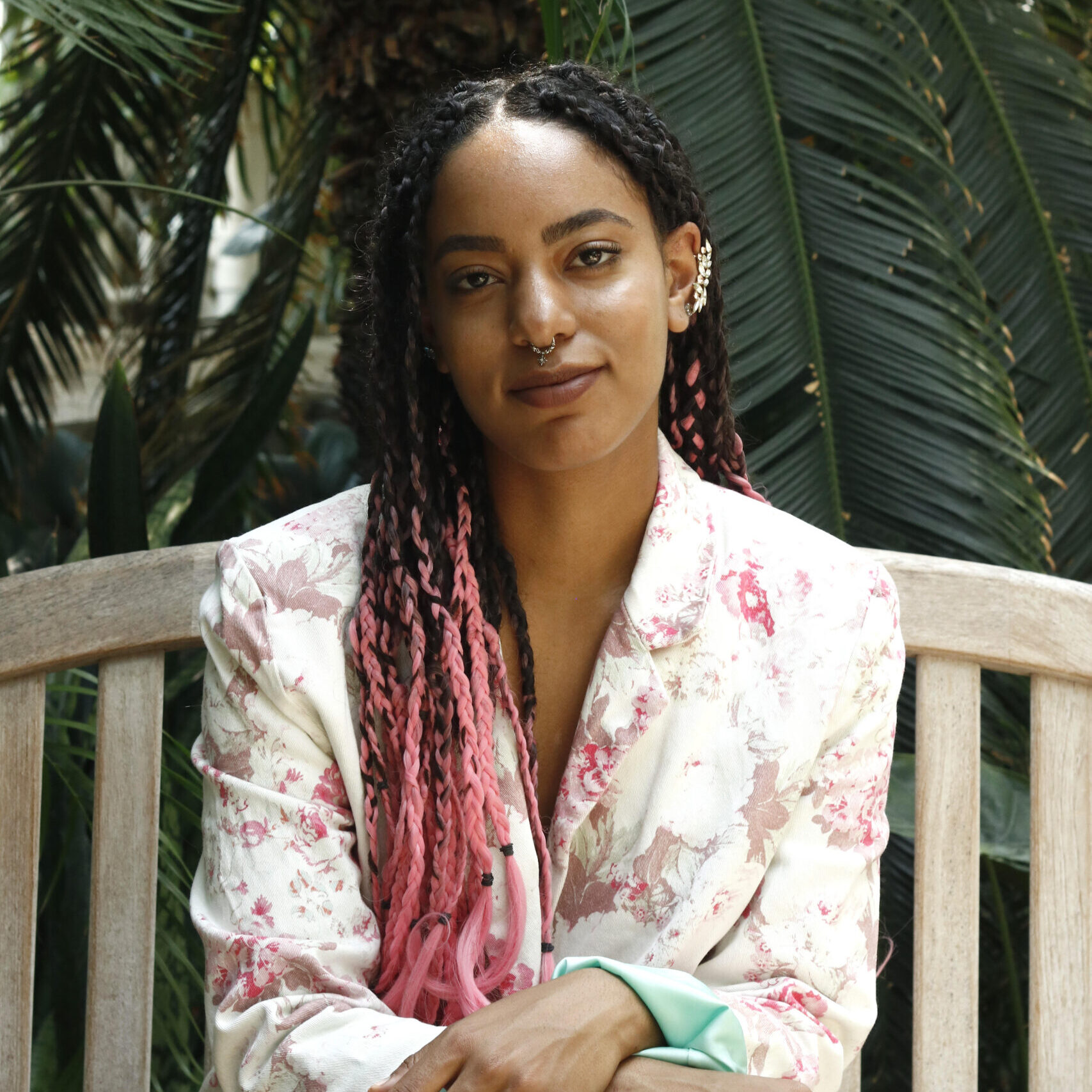
Briana Gwin
Briana Gwin embraces multitudes as a queer, neurodiverse, Afro-Latina artist and educator. She received a BA in Creative Writing from Sarah Lawrence College, and an MFA in Fiction and Nonfiction from The New School. She is the former editor & storyteller of Milkweed Editions, and the current senior editor of prose at the Seventh Wave magazine. Her words have appeared in Midnight & Indigo, the Seventh Wave, Guernica, and elsewhere. She currently lives in Minneapolis, Minnesota, with three hairless cats and more books and houseplants than she can count.
